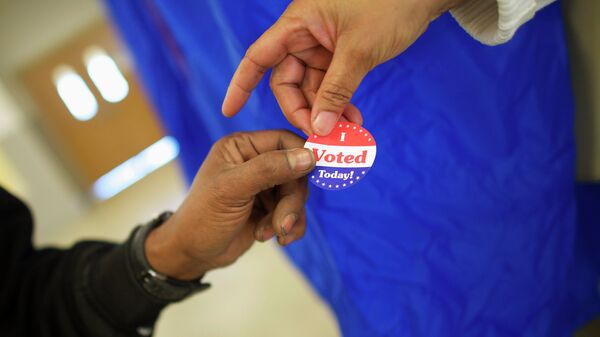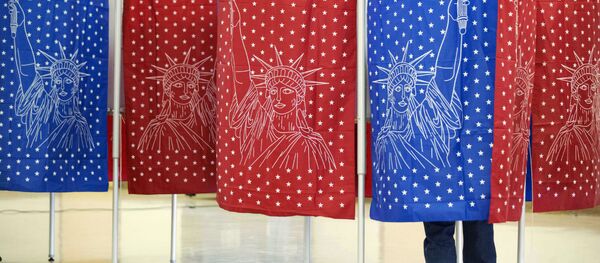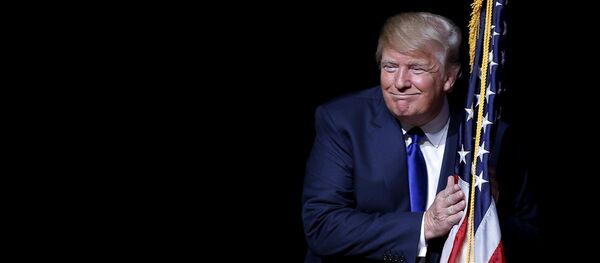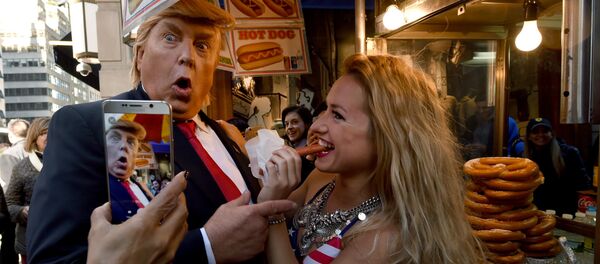Stressing that "there is really zero evidence" of vote stealing taking place on any meaningful scale, Gumbel noted that "having said that, the United States does have a lot of pervasive problems with its electoral system. The very fact that partisans in states can pass laws that block certain groups of voters from being able to express themselves fairly is in and of itself an anomaly. Most advanced Western democracies have some kind of central electoral commission that lays down standards, sets rules and doesn't make it possible for political parties to interfere in this way. The United States is different."
Actually rigging the vote on a national scale was highly unlikely, according to Gumbel, because of the level to which the US electoral system is devolved, with "every county, in many cases ha[ving] a different voting system. So you would have to coordinate a tremendous number of people dealing with different technologies that work at different levels of efficiency."
"There are parts of the country where they have machines that are not verifiable – where you can't do manual recounts, and those are a real problem, but they only represent about 10% of the votes being cast today; for the most part, they're not in swing states, with the exception of Georgia…and parts of Pennsylvania – the cities of Philadelphia and Pittsburg."
At the same time, "in order to play with those machines deliberately…you would have to have an inside source who would have to do something that would then not go detected by his or her colleagues."
Accordingly, Gumbel suggested that the probability of large-scale tampering is low. "Having said that, is there a history in this country of voting machines being tampered with in certain circumstances? Yes. It happens when one party is in control of the electoral process, where the race is very close, and the stakes are very high. If you see a 5-7% margin between the candidates there is effectively no [sense in] fiddling with the results."
Ultimately, the journalist suggested that if the US wants to improve its electoral system – including so that other countries do not accuse it of hypocrisy and double standards in electoral transparency, it would need to "have a non-partisan central election commission with teeth that could say ‘Here are the machines we are buying, we are verifying that they work, here are the rules, you can’t get away with changing rules, you have fewer polling stations in areas where your political opponents vote and more in areas where your supporters vote. You can’t have a situation where somebody is both the state guarantor of election results and also member of a political campaign at the same time, which happens routinely in this country. There are a number of basic fixed like that you could enact and it would work."







